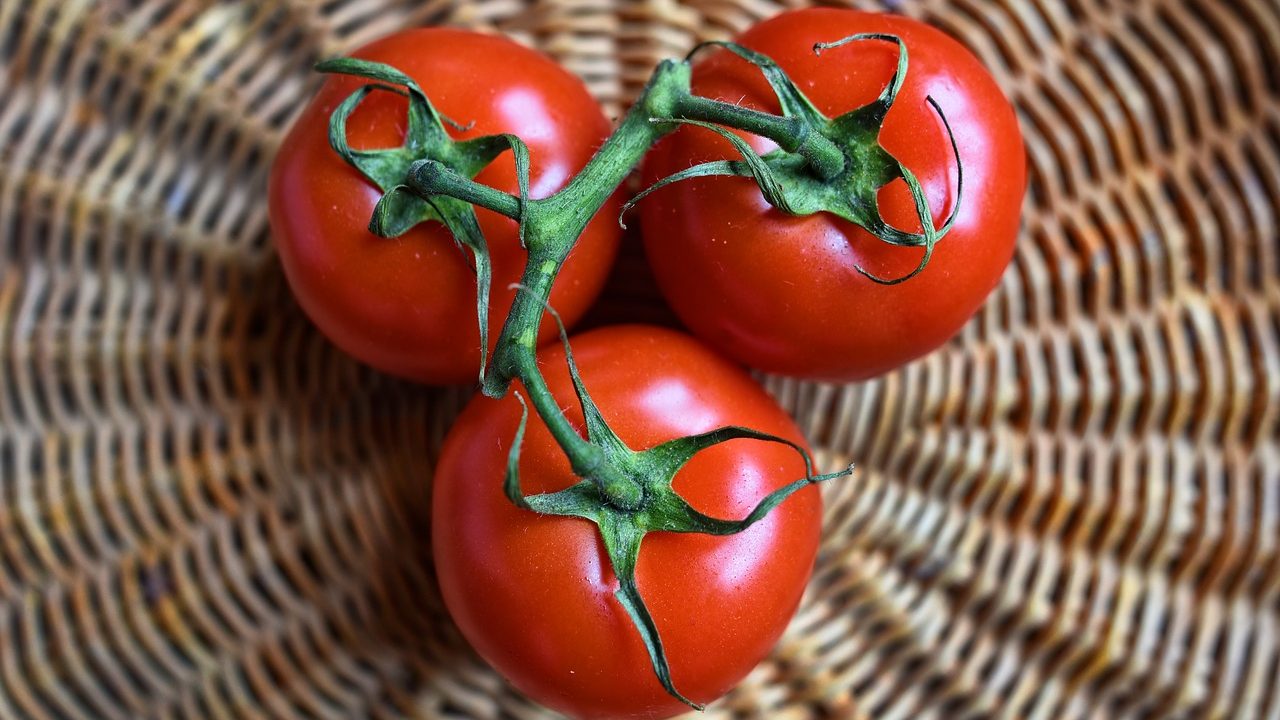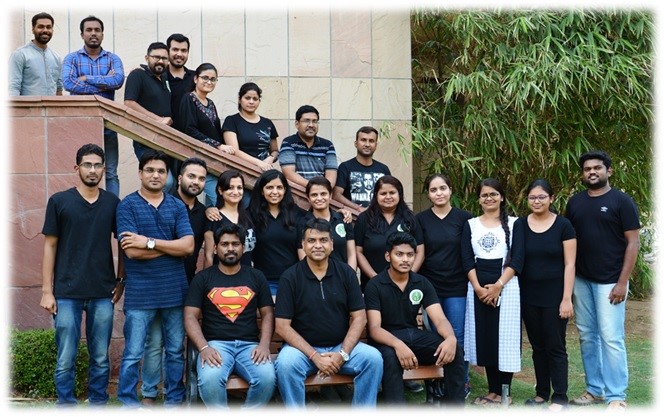
Tomato Gene Involved in Viral Infection and Heat Stress Identified
- News
- 2.2K
While trying to understand the genetics of stress to make tomatoes and other crop plants more productive, Indian researchers have identified a gene that helps tomato plant tackle pathogens as well as heat stress.

Scientists at New Delhi-based National Institute of Plant Genome Research (NIPGR) have deciphered the critical role of a single gene – SlDEAD35 – in tomato plant whose expression controls its response to both heat stress and viral infection.
It has been known that RNA helicases, one of the largest gene families that function in almost all aspects of RNA metabolism, play a role in growth, development and stress response of a species. They are present in most of the organisms ranging from bacteria to humans, and plants. However, its role in the tomato plant’s response to environmental stresses is not known.
The NIPGR team has observed that two genes (SlDEAD23 and SlDEAD35) help plants to withstand biotic and abiotic stresses. “We had looked into the transcriptome dynamics of a tomato variety tolerant to Tomato leaf Curl New Delhi Virus infection. Comparative transcriptome analysis of virus-infected as well as uninfected plants showed a significant upregulation of one DEAD-box RNA helicase gene which prompted us to go for its characterization,” explained Dr. Manoj Prasad, who led the research team.
“We find that SlDEAD35 gene plays a crucial role against the virus as well as heat stress, which might provide the framework for improved yield and tolerance against combined stress in tomato,” he added.
Developing systems for tolerance or resistance against combined stresses is important for future crop production. “We have found a candidate gene which might provide the framework to understand the science behind plants’ response against combined stresses.
We can introduce the gene through molecular breeding to develop varieties for the combined stress tolerance in tomato,” said the lead author, Saurabh Pandey.
The results have been published in journal Environmental and Experimental Botany. The team included Saurabh Pandey, Muthamilarasan, Namisha Sharma, Vaishali Chaudhry, Priya Dulani, Shweta, Sarita Jha, Saloni Mathur, and Manoj Prasad. (India Science Wire)
By Ratneshwar Thakur
Journal Article
If you liked this article, then please subscribe to our YouTube Channel for the latest Science & Tech news. You can also find us on Twitter & Facebook.


